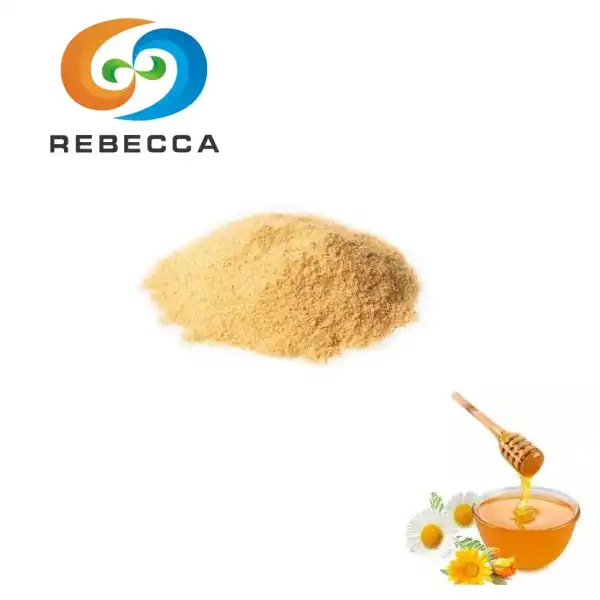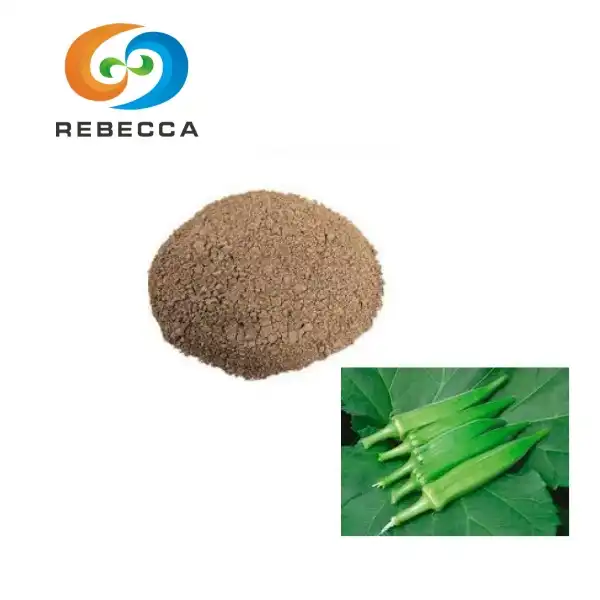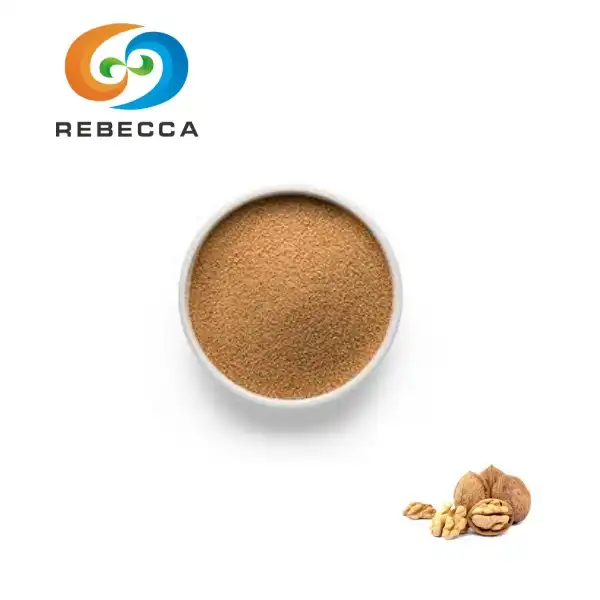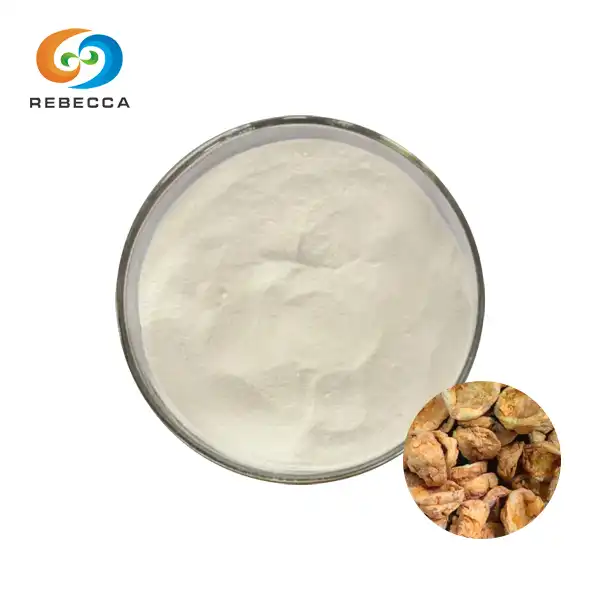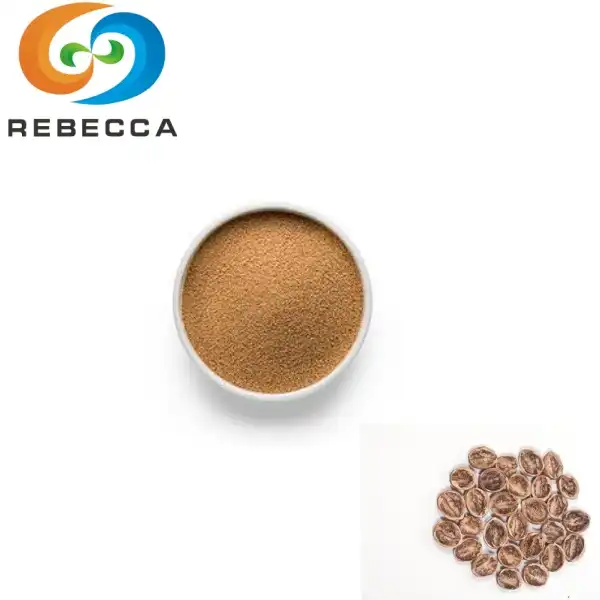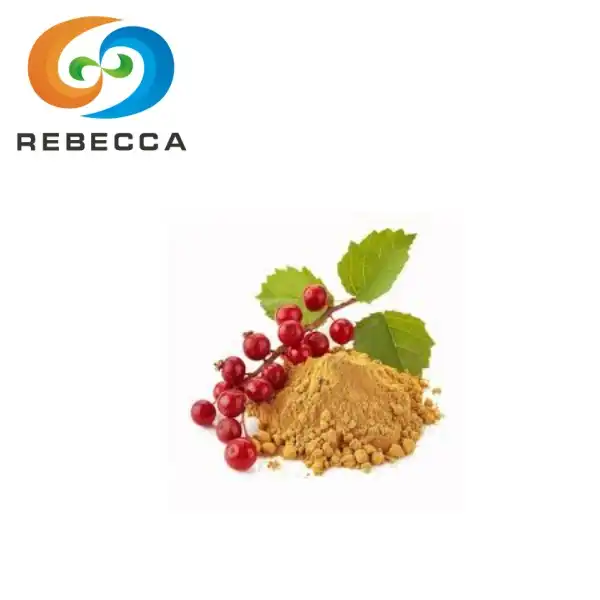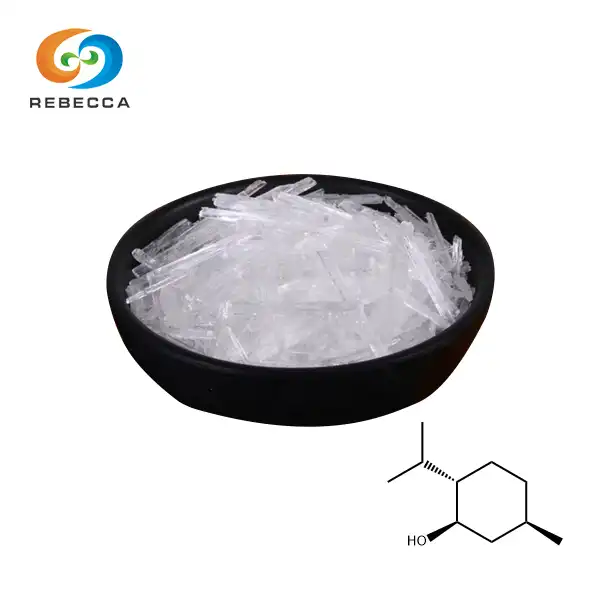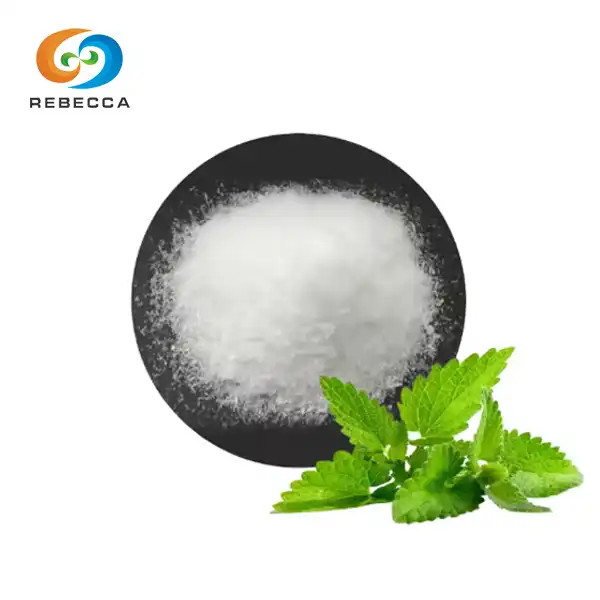Top insects repelled by lavender essential oil
Lavender essential oil has demonstrated remarkable efficacy against a wide array of insects. Its potent aroma, primarily attributed to compounds like linalool and linalyl acetate, acts as a natural deterrent for many common pests. Let's delve into the specific insects that lavender oil can help keep at bay:
Mosquitoes
Mosquitoes are perhaps the most notorious of all biting insects, known for their ability to transmit diseases and cause itchy, uncomfortable bites. Lavender essential oil has shown promising results in repelling these pesky bloodsuckers. The strong scent of lavender masks the human odors that typically attract mosquitoes, making it an effective natural alternative to chemical-based repellents.
Flies
House flies and other flying insects can be a nuisance in both indoor and outdoor settings. Lavender essential oil's pungent aroma acts as a powerful deterrent for flies, helping to keep your living spaces and outdoor areas free from these bothersome pests. The oil's camphor-like scent overwhelms the flies' sensitive olfactory receptors, encouraging them to seek out less aromatic environments.
Fleas
Pet owners often struggle with flea infestations, which can cause discomfort for both animals and humans. Lavender essential oil offers a natural solution to this problem. Its strong scent repels fleas, while its anti-inflammatory properties can help soothe irritated skin caused by flea bites. However, it's crucial to use lavender oil with caution around pets, as some animals may be sensitive to essential oils.
Moths
Moths can wreak havoc on clothing and stored fabrics. Best Pure Lavender Essential Oil serves as an excellent moth repellent, protecting your wardrobe from these destructive insects. The oil's potent aroma interferes with moths' ability to detect pheromones, disrupting their mating cycles and deterring them from laying eggs in your clothing.
Ticks
Ticks pose a significant health risk to humans and animals alike, as they can transmit various diseases. Lavender essential oil has shown promise in repelling ticks, making it a valuable tool for outdoor enthusiasts and pet owners. The oil's strong scent masks the carbon dioxide and body heat that typically attract ticks, reducing the likelihood of tick bites.
Bed bugs
While lavender essential oil may not eradicate an existing bed bug infestation, it can serve as a preventative measure. The oil's pungent aroma can deter bed bugs from settling in your bedding and furniture. Using lavender oil as part of a comprehensive bed bug prevention strategy can help maintain a bug-free sleeping environment.
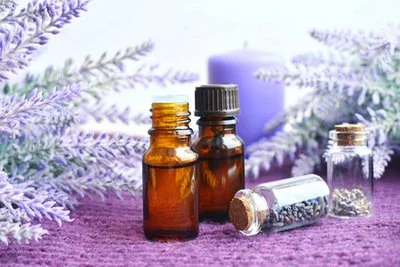
How to use lavender oil to keep bugs away?
Now that we've explored the insects that lavender essential oil can repel, let's discuss the various ways you can harness its bug-repelling power. Here are some effective methods for using lavender oil as a natural insect deterrent:
DIY lavender spray
Creating a homemade lavender spray is a simple and effective way to keep bugs at bay. To make your own, follow these steps:
- Fill a small spray bottle with distilled water, leaving some room at the top.
- Add 15-20 drops of pure lavender essential oil.
- Add 1 tablespoon of witch hazel or rubbing alcohol to help the oil and water mix.
- Shake well before each use and spray on exposed skin or around your living space.
This natural spray can be used on your body, clothing, or around your home to repel insects effectively.
Lavender-infused candles or diffusers
Utilizing lavender-scented candles or essential oil diffusers can create an insect-repelling atmosphere in your home or outdoor living areas. The continuous release of lavender aroma helps maintain a bug-free environment. For outdoor use, consider placing multiple candles or portable diffusers around your seating area to create a protective perimeter.
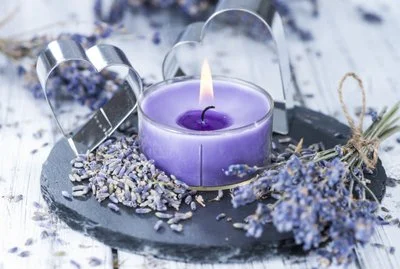
Lavender sachets
To protect your clothing and linens from moths and other fabric-damaging insects, create lavender sachets. Fill small fabric pouches with dried lavender flowers and add a few drops of Best Pure Lavender Essential Oil to enhance their potency. Place these sachets in drawers, closets, and storage containers to keep your belongings insect-free.
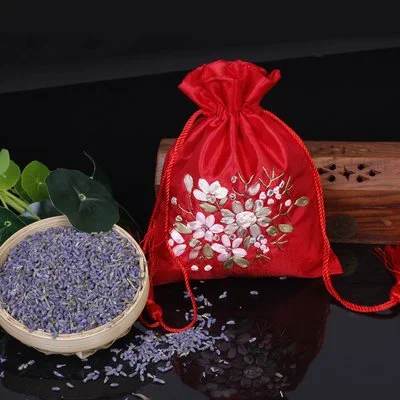
Topical application
For personal protection against biting insects, you can apply diluted lavender essential oil directly to your skin. Always remember to dilute the oil with a carrier oil, such as coconut or jojoba oil, before applying it to prevent skin irritation. A general rule of thumb is to use 3-5 drops of lavender oil per teaspoon of carrier oil.
Lavender-infused cleaning solutions
Incorporate lavender essential oil into your cleaning routine to help repel insects throughout your home. Add a few drops of lavender oil to your floor cleaner, laundry detergent, or all-purpose cleaning spray. This not only leaves your home smelling fresh but also helps deter pests from taking up residence in your living spaces.
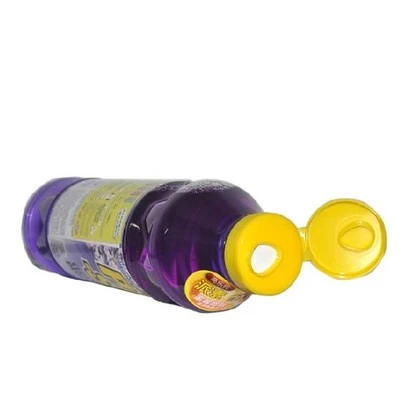
Lavender plants
While not as concentrated as essential oil, growing lavender plants around your home or in your garden can provide some insect-repelling benefits. The plants release their signature scent, which can help keep bugs at bay. Additionally, having fresh lavender on hand allows you to create your own DIY repellents using the plant's flowers and leaves.
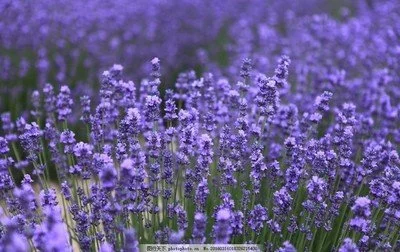
Lavender essential oil vs other bug repellents
As consumers become more conscious of the potential health and environmental impacts of chemical-based insect repellents, natural alternatives like lavender essential oil have gained popularity. Let's compare lavender oil to other common bug repellents to understand its advantages and limitations:
DEET-based repellents
DEET (N, N-diethyl-meta-toluamide) is a widely used and highly effective chemical insect repellent. While DEET offers strong protection against a broad spectrum of insects, some people prefer to avoid it due to potential side effects and environmental concerns. Lavender essential oil provides a natural alternative with fewer potential risks, though it may not be as long-lasting or broadly effective as DEET.
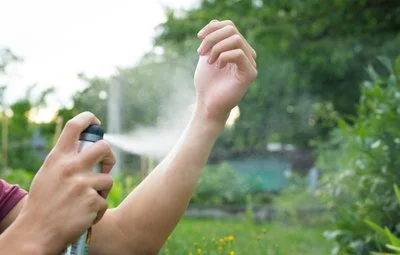
Citronella
Citronella, another popular natural insect repellent, shares some similarities with lavender oil. Both are plant-based and offer a pleasant aroma. Citronella is particularly effective against mosquitoes, while lavender oil provides broader protection against various insects. Some people find the scent of lavender more appealing than citronella's strong, lemony fragrance.
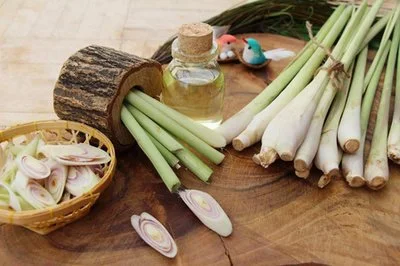
Picaridin
Picaridin is a synthetic compound designed to mimic piperine, a natural compound found in black pepper plants. It offers effective protection against insects without the strong odor associated with DEET. While picaridin is considered safe for human use, lavender essential oil may be preferred by those seeking an entirely natural solution.
Neem oil
Neem oil, derived from the neem tree, is another natural insect repellent. It's particularly effective against a wide range of garden pests. Compared to neem oil, lavender essential oil has a more pleasant scent and is generally considered safer for direct skin application when properly diluted.
Eucalyptus oil
Lemon eucalyptus oil is recognized by the CDC as an effective natural insect repellent. Like lavender oil, it offers a pleasant aroma and can be used in various applications. The choice between these two oils often comes down to personal scent preference and individual effectiveness, as different people may experience varying levels of protection.
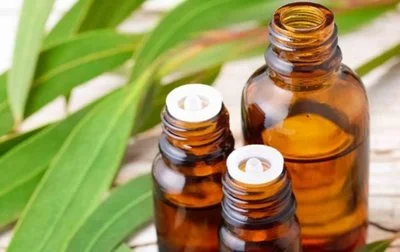
Conclusion
lavender essential oil offers a natural, pleasant-smelling alternative to chemical-based insect repellents. Its ability to repel a variety of bugs, combined with its versatility in application methods, makes it an attractive option for those seeking eco-friendly pest control solutions. While it may not provide the same level of long-lasting protection as some synthetic repellents, lavender oil's additional benefits – such as its calming properties and skin-soothing effects – make it a valuable addition to any natural insect defense strategy.
For those interested in exploring high-quality lavender essential oil and other natural extracts, Shaanxi Rebecca Biotechnology Co., Ltd. offers a range of premium products. Our lavender essential oil is derived from broad-leaved lavender (Lavandula latifolia) through steam distillation, ensuring a pure and potent product rich in active compounds like linalool, linalyl acetate, and camphor. For more information about our products or to discuss your specific needs, please contact us at information@sxrebecca.com.
_1730691017423.webp)










